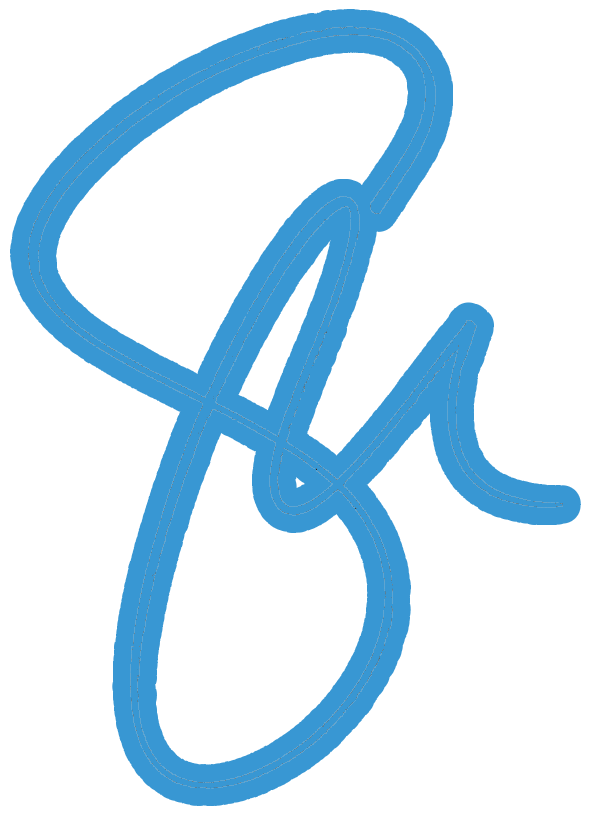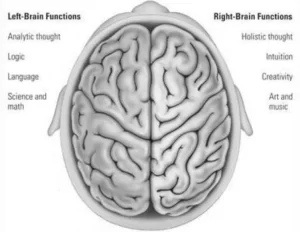Productivity depends on energy rather than time. Having all the hours in the day is useless if you’re exhausted most of the time.
Your habits determine your energy levels. Good habits will make you feel energized and more resistant to burnout, both physically and mentally.
If your habits are out of sync, you can fall into a vicious cycle in which you feel worse and worse until it’s a struggle just to keep up.
Why increasing energy is important?
A study conducted by Schneider and Becker suggests that an individual’s health and energy levels significantly contribute to their productivity.
For example, someone who is physically healthy and energetic would be able to work longer hours without feeling tired. They’re also more likely to be mentally sharp, which is essential for tasks requiring creativity, problem-solving, and decision-making in the long run.
Furthermore, a research paper by Watanabe et al. investigates the role of subjective well-being, which is closely associated with energy levels, in workplace productivity.
The study found that employees with high energy levels reported better job satisfaction, work-life balance, and overall productivity.
Increasing energy doesn’t only mean boosting individual output but also enhancing team collaboration, engagement, and overall performance.
Here are the top 6 habits I developed to boost my energy throughout the day.
#6 Does quality of sleep matter?
According to the American National Sleep Foundation, adults should get seven to nine hours of sleep per night.
Many people need to catch up on this because they limit their sleep to accommodate a life change, such as having a baby or starting a new job.
Most recent research demonstrates the negative impact this can have on some people’s health — some, but not all.
Suggestion: I used to sleep around 6 hours per day in my 20s which is unhealthy. I would never recommend to anyone follow this path.
Now I am in my 30s, and sleeping is one of my top priorities, especially the quality of sleep.
I highly suggest going to bed by 10 pm every night, including weekends, for the next 30+ days and having at least 8 hours of quality sleep.
#5 Why do people say exercise every day?
According to National Health Statistics, only 23% of people do daily minimum exercise requirements in America.
The notion is to hit the National Health criteria to do at least 150 minutes of moderate exercise each week to live a healthy life.
Let’s divide the 150 minutes of moderate exercise standard into seven small chunks, bringing us to 21.43 minutes of exercise each day.
Physical activity guidelines for adults (18–64)
At least 150 minutes, Moderate-intensity
At least 75 minutes, Vigorous-intensity
#4 Eat that frog
Eat That Frog is a productivity method created by Brian Tracy that is detailed in his book Eat That Frog!: 21 Great Ways to Stop Procrastinating and Get More Done in Less Time.
The book and method take their names from a Mark Twain quote:
What does it mean, “Eat That Frog”?
It’s imperative to set an intention than just thinking about a goal passively.
While it may not appear to be much, constantly reminding yourself of what you want will actually help you achieve it.
You must live, breathe, eat, and sleep what you desire. So, how do you make a mindset a reality?
By using any — or all! — of these ten methods, getting very specific about what you want and letting go of the rest.
#3 Develop a healthy reading habit
To acquire the habit of reading is to construct for yourself a refuge from almost all the miseries of life. — W. Somerset Maugham
“Read more” is one of the top goals that many people set for themselves right after the following goals.
Losing weight
Saying no to procrastination
A good book can be immensely satisfying, teach you about things beyond your daily horizons, and create characters who are so vivid that you feel as if you know them personally.
Suggestion: I Read 20 Pages Daily for 30 Days
#2 Napping
Napping may seem to be lazy, but research shows that it has a variety of cognitive benefits.
It is especially true if you’re doing a lot of learning because a brief period of sleep can help with memory.
I wrote a detailed article about napping for 20 minutes every day for 30 days. Please see the suggestion.
Suggestion: I Had a 20 Minutes Power Nap Every Day for 33 Days
#1 Walking
A Stanford University study found that a person’s creative output increased by an average of 60 percent when walking. — Stanford University
Walking is one of the most straightforward and strategic things you can do for yourself.
It requires little planning, little effort, and no special equipment. It can fit the exact amount of time you have available.
I work from home and go for a 30-minute walk every day around noon.
Walking allows me to bring more ideas to the table, as well as perform better at work while improving my mental and physical health.
For me, it’s a win-win situation. Something needs to be added to my routine when I don’t go for a walk.
Suggestion: How Long Walks Will Transform Your Life
The bottom line
In conclusion, energy, not time, is the ultimate productivity enhancer.
Developing habits that boost energy, such as quality of sleep, regular exercise, and focused work, positively impacts your performance.
Evidence supports this notion, as studies show that healthier, more energized individuals perform better and express higher job satisfaction.
The “Eat That Frog” method helps focus our energy on the most important tasks first, optimizing productivity.
Incorporating daily walks into one’s routine offers countless benefits — it can promote creativity, improve physical health, and serve as a simple yet effective mood lifter.




